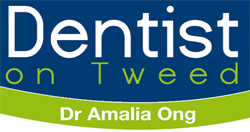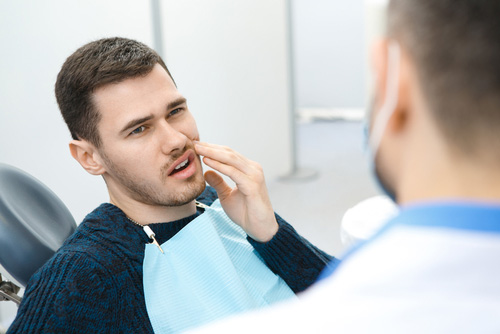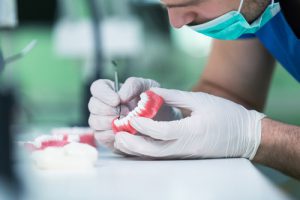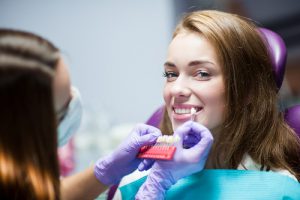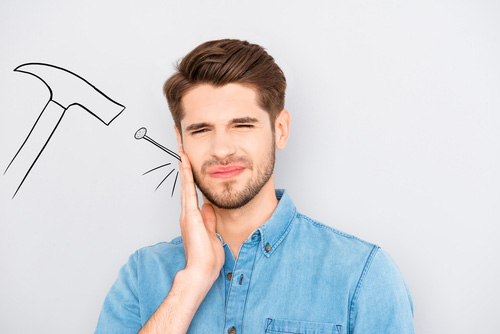
Visits to the dentist are ideally twice every year, spaced about six months apart. However, there are certain situations that call for visiting the dentist without an appointment or during after hours such as prolonged or extreme toothache, a sporting accident where a tooth has been broken or chipped or a fractured, broken or dislocated jaw, severe bleeding, swelling in the face or neck area, loss of consciousness, serious lacerations or infections.
Prevention is much better than having to find an emergency dentist and you can do this by having regular twice yearly visits to the
dentist for a check up and a clean, daily brushing and flossing, in conjunction with a healthy diet by avoiding sugary foods and drinks.
If you are an active individual engaged in sports or other physical activities at work, there are measures you need to take to prevent dental emergencies. You can use mouth guards for physical activities. As for the kids, ensure that they are fastened securely with a seatbelt when inside a moving vehicle.
First aid tips for dental emergencies
Here are some first aid tips for some of the common causes of dental emergencies:
Knocked out permanent tooth. A knocked out permanent tooth is serious, one that needs immediate treatment. Locate the tooth and wash gently with cool water. Avoid scrubbing it with soap and other cleaning chemicals. Handle the tooth by the crown, not by the root.
Try placing the tooth back in its socket, holding it in place until seen by the dentist. Otherwise, put it inside a clean container and keep it moist with your own saliva, water or some milk. Call an after hours dentist right away. The quicker you act, the more likely the tooth can be saved.
Chipped or fractured tooth. The chipped fragment of the tooth can still be saved. Locate the chipped fragment and gently rinse with water to remove dirt or debris. Apply a cold compress on the part where the fragment was chipped off to minimise swelling. After it’s done, call an after hours dentist immediately.
Toothache. When toothache occurs, use warm water to clean the mouth and dab carefully around the gum and tooth to remove any particles of food that may be still adhering; use painkillers to ease the pain. If swelling occurs, you can apply a cold compress, not hot, onto your cheek to ease swelling. Call an after hours dentist immediately.




